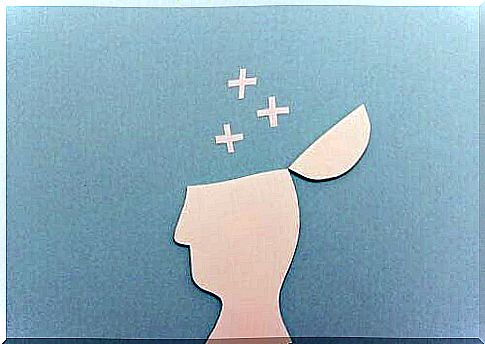Triarchic Theory Of Intelligence

Although almost everyone believes that the concept of intelligence is defined and unique, its definitions throughout history have been numerous. Over the centuries, different thinkers have developed their own theory, such as Binet, Weschler, Spearman, Catell, among others. But also Sternberg, father of the triarchic theory of intelligence.
In this article we will focus precisely on the perspective of this psychologist and professor at Yale University. Sternberg starts from cognitive psychology to elaborate his triarchic theory of intelligence , where the latter is “mental activity directed towards the intentional adaptation, selection or transformation of real world environments relevant to one’s life”.
By simply evaluating this statement, we understand that Sternberg conceives of intelligence as a relationship of the individual with the context on a cognitive level. In particular, in order to adapt and transform it according to circumstances (and needs). However, he went further, and defined three types of intelligence: analytical, creative and practical.

Fundamental aspects of the triarchic theory of intelligence
Sternberg talks about three types of intelligence: analytical, creative and practical. Each is part of three partial sub-theories that complement each other: compositional, experiential and contextual.
We will now move on to the description of Elizabeth, JR and Gregorio, P. (2008) to develop and comprehensively explain Sternberg’s theory. Let’s see together how the thought of this American psychologist born in 1949 develops.
Relationship between intelligence and the inner world of the individual: the components of intelligence
The triarchic theory of intelligence describes the relationship of intelligence with the inner world of the individual. It does this through the components or mental processes implicit in thought. These components can be of 3 types:
- Metacomponents : the executive processes used to plan, control and evaluate the solution of problems or activities.
- Execution components : describe the lowest-level processes, among all those involved in the implementation or execution of meta-component commands.
- Components of knowledge acquisition : used primarily to learn how to solve problems.
These components are highly interdependent and together form what the author calls analytical intelligence.
Relationship between intelligence and individual experience: aspects of human intelligence
The three information processing components apply to activities and situations that vary, based on individual experience levels. When a task is presented for the first time, it is new, but through subsequent experiences it can be automated.
This type of intelligence is referred to by Sternberg as creative intelligence.
The context of intelligence: functions of mental self-government
Triarchic theory defines everyday intelligence, that used every day, as the selection and modification of real world environments. They are relevant in our life and our attitudes. However, they are always interpreted based on adaptive purpose.
Adaptation is chosen first. In case of failure, you go to the choice and modification (or modeling). It is the last type of intelligence defined by Sternberg in his theory: practical intelligence.

“The intelligent person has the experience he wants to achieve”
We wanted to highlight this beautiful quote from Aldous Huxley because it relates intelligence to our personal desire. This aspect should be taken into consideration in the field of education. One of the main objectives of school education should be precisely the research and development of multiple intelligences, such as those of triarchic theory (analytical, creative and practical).
These intelligences are the main factors that help us generate and develop emotional, cognitive and many other abilities that are often lethargic in millions of people.
Being able to develop different theories on intelligence that provide us with different methods of analysis is certainly very useful. Provided they are used correctly. For example, they could be applied every day in educational contexts in order to differentiate, and enhance, the resources of each student.









